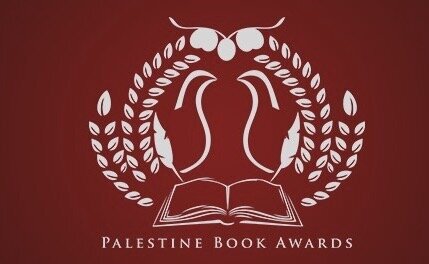Life in A Country Album (United Kingdom)
/Spring 2020
BUY THIS BOOK
Foyles
WATERSTONES
flipped Eye
PALESTINE BOOK AWARD WINNER
FOREWORD INDIES BOOK AWARD FINALIST
PUBLISHERS WEEKLY PICK
Linguistically fluid and geographically expansive, Nathalie Handal's Life in a Country Album is a haunting hymn of shapeshifting. Intimate and political at once, it is composed from a palette that comprises brief revelations, such as Tendresse: A Testament as well as expansive meditations like American Camino, in which she asks, “So what if some hyphenate, and others don’t?”
This question of belonging lies at the heart of Life in a Country Album: who gets to decide who belongs? Can you be exiled from your own sense of self, or as Nathalie puts it in Europa Nostra, “Now that we are guests in our bodies, how do we survive?” One of the remarkable things about this collection is how our current global geopolitics can alter how it is read: an ill-reasoned airstrike and the sense of a safe home becomes precarious.
If a bed is a city of teeming dreams then this collection is a world of human possibilities. In its clarity, craft and chimeric language, it is a love letter and admonition mailed by the same stamp. In this, her sixth collection, Nathalie reaffirms that she remains an urgent and singular voice in contemporary poetry.
—flipped eye publishing
Though Handal is of many cultures, in her latest collection, Life in a Country Album, she brings this particular Palestinian sensibility to her poems and to her encounters with her many countries and languages of the text. Handal’s upbringing spans continents, and she is at home in English, French, Spanish, Italian, and Arabic, just as she is in many countries, from her birthplace in the Caribbean to her familial homes in Bethlehem and Jerusalem, and in the cities of Europe, Latin America, and the United States where she is in constant motion.
—This Week in Palestine
Palestine Book Award, Judges' Notes: Life in a Country Album, the seventh collection by Nathalie Handal, is most reflective of those essential thematic and stylistic characteristics which render her poetic voice uniquely distinctive. Language here goes beyond linguistic or cultural confines, encompassing a lyricism that embodies fragmentation as well as wholeness. While relaying the deep view of Palestinianness, these poems expand the vastness of disaporic and exilic experiences on universal levels.
—Subhi Hadidi

